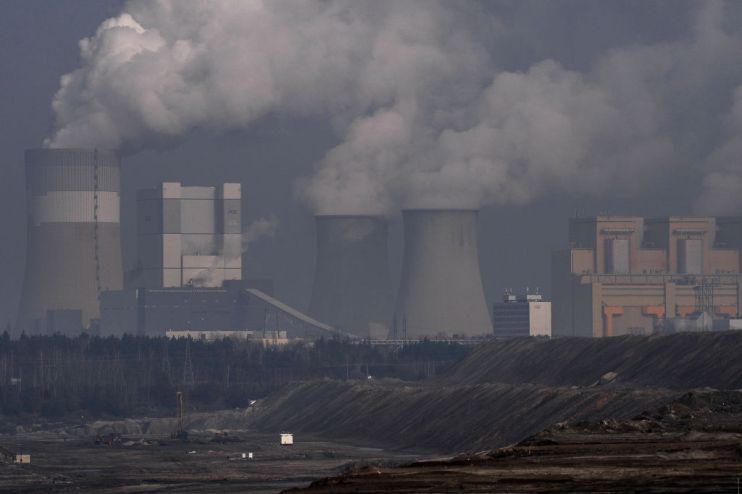Banking giants pour $3.8 trillion into fossil fuels since Paris agreement

Since 2016, the world’s 60 largest banks have poured more than $3.8 trillion into the fossil fuel industry, a new report released today has shown.
Despite the signing of the Paris climate accords in 2015, lenders have continued to provide hundreds of billions in financing for polluting industries such as tar sands oil, coal, and fracking.
Nearly half of the total funding – $1.5 trillion – went to just 100 firms. Despite a general fall in fossil fuel financing amid the pandemic, banks increased their funding to this group by 10 per cent in 2020 alone.
As a result, fossil fuel financing on a yearly basis was higher in 2020 than it was in 2016, despite the raft of climate pledges made over that period.
The report, which was co-authored by NGOs Rainforest Action Network, BankTrack, Indigenous
Environmental Network, Oil Change International, Reclaim Finance, and Sierra Club, finds that America’s biggest lenders are the worst culprits.
Top of the pile is JP Morgan Chase, which has loaned and underwritten a total of $317bn for such industries over the period.
That’s a third more than fellow Wall Street behemoth Citi committed in the same five years.
In Europe, the number one financier of fossil fuels was Barclays, which contributed $144.9bn towards industries including fracked oil and gas, and coal since 2016.
Before the Open: Get the jump on the markets with our early morning newsletter
The bank has set out ambitions to be net zero for 2050. On its website, it states: “We’re already net zero emissions from our own operations; our focus now is on reducing the client emissions that we finance. That starts with aligning our financing with the Paris Agreement, across not just lending but our capital markets activity as well.”
Over the last five years, it has spent on average between $25bn and $30bn each year on fossil fuels. In 2020, the figure was $27.7bn.
A Barclays spokesperson said: “We have made a commitment to align our entire financing portfolio to the goals of the Paris Agreement, with specific targets and transparent reporting, on the way to achieving our ambition to be a net zero bank by 2050.
“We believe that Barclays can make a real contribution to tackling climate change and help accelerate the transition to a low-carbon economy.”
The next biggest European offenders were BNP Paribas and HSBC, which committed $120bn and $110bn respectively over the half-decade, putting them at 10th and 13th on the global list.
In a statement, HSBC said: “HSBC has announced it will propose a special resolution on climate change at its AGM in May which will set out the next phase of HSBC’s strategy to support its customers on the transition to net zero carbon emissions.
“This includes to publish and implement a policy to phase out the financing of coal-fired power and thermal coal mining by 2030 in markets in the European Union / OECD, and by 2040 in other markets.”
The report’s authors said that the figures showed the “hollowness” of bank’s climate pledges in another vital year for the fight against climate change.
Johan Frijns, director of sustainability lobby group BankTrack, said: “As the date of the crucial Glasgow Climate Summit approaches, we witness one bank after another making solemn promises to become ‘net zero by 2050’.
“There exists no pathway towards this laudable goal of a generation away that does not require dealing with bank finance for the fossil fuel industry right here and now, yet too many current promises lack precisely that; a firm commitment to start severing ties with all coal, oil and gas companies that plan on continuing their climate wrecking activities in the years to come.”